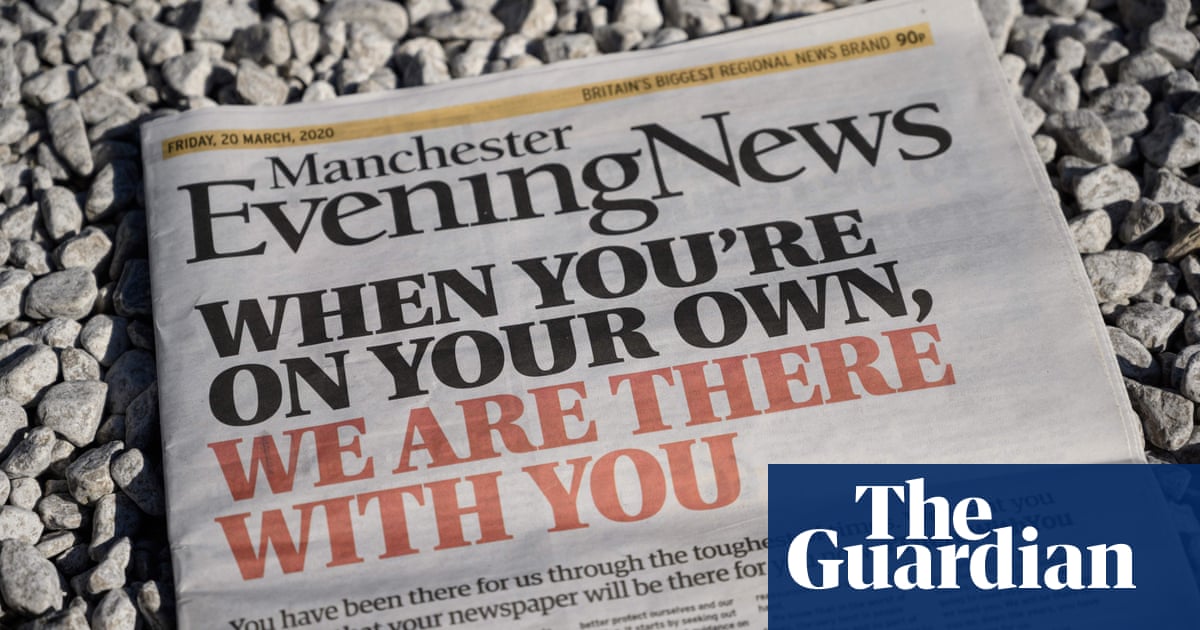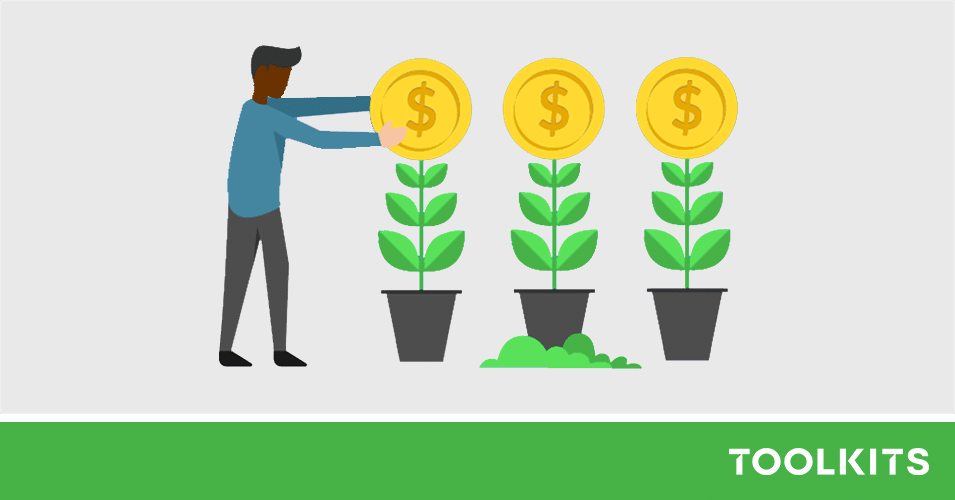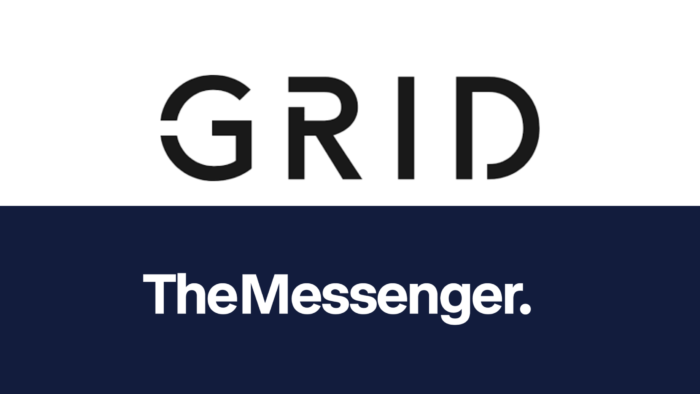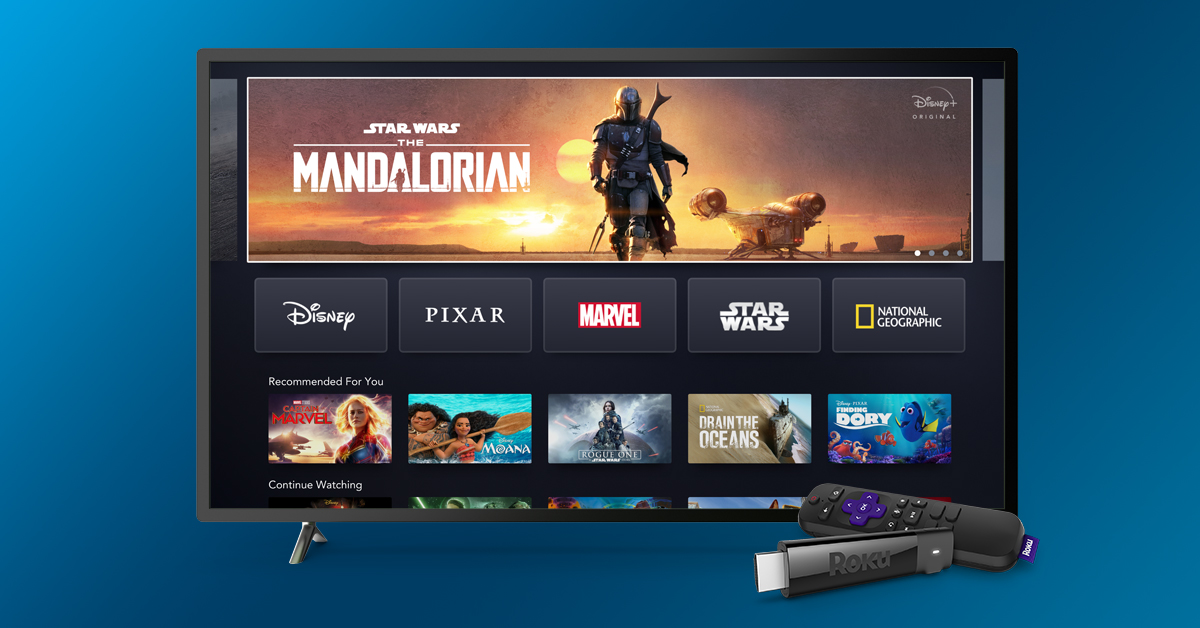- Digital Media Products, Strategy and Innovation by Kevin Anderson
- Posts
- Newsletters show resilience in choppy media economy
Newsletters show resilience in choppy media economy
Plus, a deep dive into the strategy and tech stack of local newsletter network 6AM City
Digiday interviewed a handful of newsletter publishers, and they are having good and in some cases great years. Open rates are holding steady. Churn rates remain low, and while advertising decline might be hitting other parts of the media, it doesn't seem to be hitting the business, entertainment and sports niches that these newsletters cater to.
A media director at one agency said that newsletters are benefitting from an advertiser shift to lower-cost, trackable and flexible formats like e-newsletters. But the numbers for some of these newsletter publishers are stunning. Tim Huelskamp, co-founder and CEO of newsletter publisher 1440, said that the company recently celebrated its 48th consecutive month of growth. Subscription-based entertainment newsletter Ankler has banked seven-figure sponsorship income already this year.
Ok, this is really fascinating, a playbook on how to scale a local newsletter business. What interests me? How they choose markets. When I was working in local news in the middle of the last decade, I realised that even in my small patch that the communities were radically different and needed different products to be sustainable. For 6AM City, they look at "size of the audience, demographic overlay, with educational attainment" as key to consider in terms of addressable market. But they also look at more subtle economic and demographic signals such as "inflows and outflows of people, charitable giving per capita, and total retail spend". The charitable giving is a proxy for how engaged people are with their communities. That is huge. I think that measuring civic capital or engagement in a community is one key indicator of how attractive a market will be.
Another valuable element of this piece is the look at the revenue driven by different elements of their tech stack and their choices around buy vs. build. I've seen this a lot that the original impulse was to build, but they decided instead to buy and focus on the ease of integration with the various elements of their tech stack.
It seems that the digital rollup is taking a pause. I wouldn't say that it's dead. BuzzFeed and Vice both could either be acquired or just disappear. They aren't nearly as attractive as they once were. And let's be honest, as they were of a time when everyone was chasing Millennial audiences. That's so 2015. It's Gen Z now. They haven't transitioned their models or brands into something with a broader appeal.
Worries about UK local journalism come back to the forefront
With the second round of cuts announced this year by UK regional giant Reach, there is a renewed sense of crisis around the industry. Mark Sweeney of The Guardian lays out the stark financial realities: "In the mid-noughties, when Facebook was in its infancy, the UK regional newspaper advertising market was worth £2.5bn. At the end of last year it was valued at £241m."
Honestly, the UK market feels to be where the US market was about five years ago. They have the audience scale but haven't cracked how that scale translates into a sustainable business model. When the local business - especially large scale print - reaches a certain point in the decline, the industrial model of the 20th Century becomes a millstone around the neck of the business. You simply can't squeeze any more money out of the business through centralisation and service sharing, and the print product becomes so limited that the costs dramatically outstrip the revenue. But a pure digital product is entirely different business on an entirely different revenue base.
And attracting and retaining talent becomes more difficult.
The Messenger acquires Grid, Shuts down its Site and launches with a chunk of Middle Eastern funding
Last week, it was announced that Grid was being acquired by a new service called The Messenger. I hadn't really heard of the Grid, I have to admit. When it launched last year, it said it would add a "fuller picture" around big news stories. Was this a new riff on the News Deeply network, which grew out of the Syria Deeply project? And who is its acquirer? The Messenger is going to launch, rapidly build to 550-journalist newsroom and generate $100m in revenue. Josh Benton at Nieman Lab was deeply sceptical of the positioning and the aims of The Messenger because it seems to steeped in outdated and nostalgic views of journalism. Remember nostalgia isn't a business model.
Today in the news-platform relationship: Platform v publisher 'showdowns' in the UK and Canada
The UK is looking to roll out legislation that is similar to that in Australia where news groups would have a stronger hand in getting payments from Google and Facebook for their journalism. But Facebook could simply boot news off its platform as they are in Canada.
Meta isn't the only company cutting back on its metaverse plans. Disney has not only cut but completely eliminated its metaverse division.
Industry news: NPR cuts, US regulators roll out new subs rules
In the US, NPR announced more dramatic cuts as its sponsorship revenue dries up. The cuts in US public broadcasting are coming at both the national level with NPR and at various station groups. Some of these cuts are quite deep. In other news, the US Federal Trade Commission wants to end the 'click to subscribe, call to cancel' subscription policies that many publishers use.











